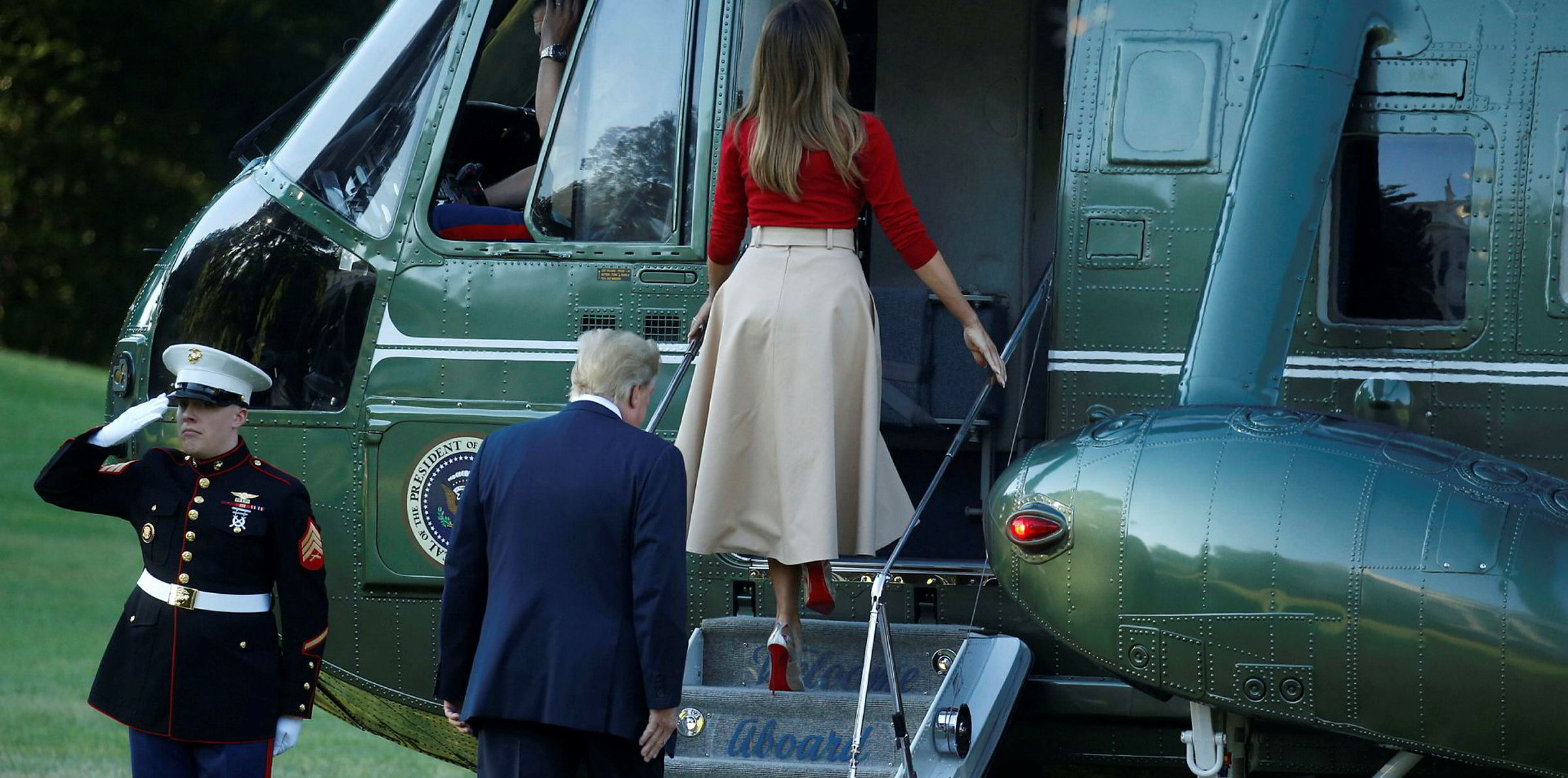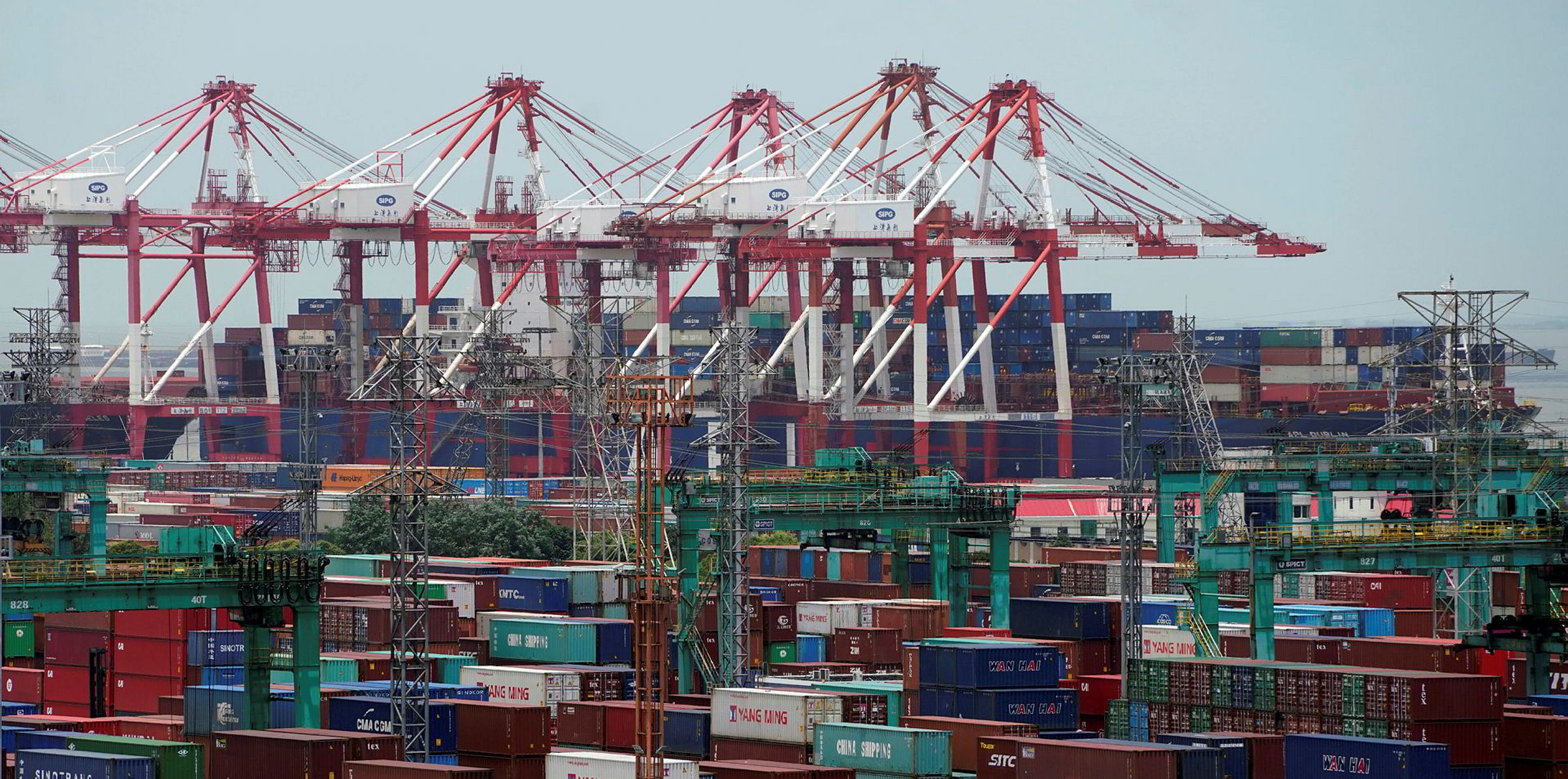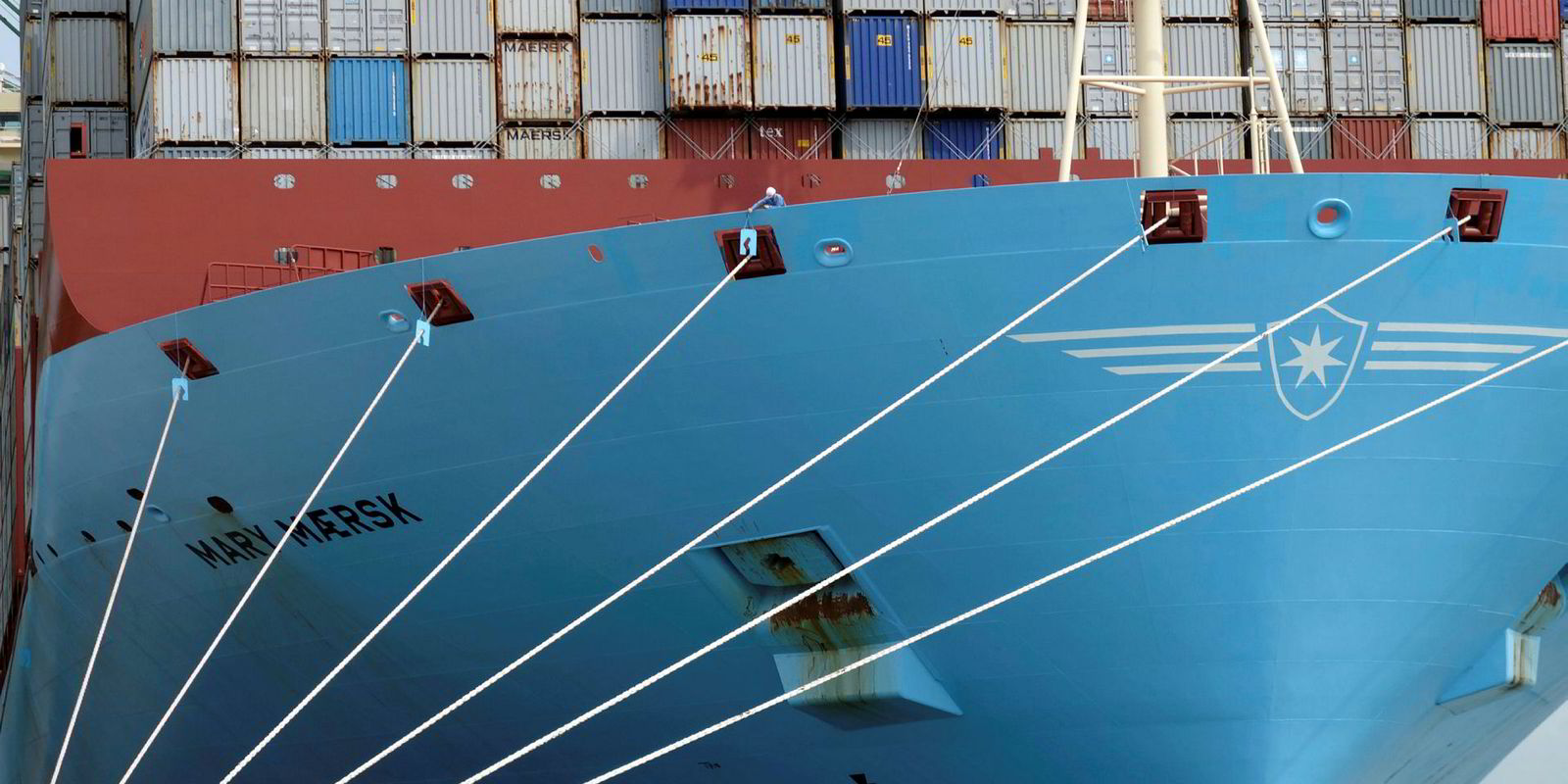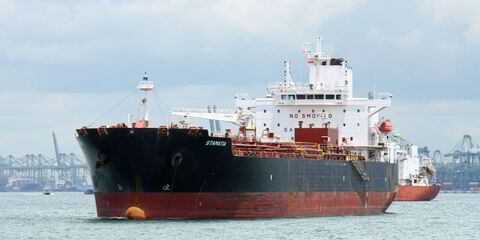All warfare is based on deception. So wrote the Chinese military strategist Sun Tzu in his fabled treatise, The Art of War, in the 6th century BC. Nearly 2,500 years on, the psychology and tactics that Sun Tzu codified have become staples of Western business and sports-management training.
But it would appear that Donald Trump has little time for the tactical subtleties of fighting to win the trade war he has started, in the manner of Chinese military leaders of the Han Dynasty.
Trump's approach is somewhat cruder and more abrupt than that.
“China is not our friend. They are not our ally. They want to overtake us, and if we don’t get smart and tough soon, they will.”
That tweet from 2013, long before he was president, perfectly frames the policy action that came to a head last week when the verbal sparring over trade crystallised into something of much greater concern than mere populist rhetoric.
Having earlier slapped tariffs on imports of steel and aluminium, the US added fresh import taxes on $34bn of Chinese imports, and threatened levies on much more.
Understandably under the circumstances, Beijing responded with tariffs of its own on a similar volume of imports from the US, in a classic round of tit-for-tat sparring that the world has not seen for decades.
Until now, not only shipping but most global markets have been little fazed by the impulsive and at times contradictory attitude of the Trump administration towards China’s trade imbalance with the US.
China is not our friend. They are not our ally. They want to overtake us, and if we don’t get smart and tough soon, they will.
That was understandable. Not only were the overall volumes of trade affected relatively modest at around 1% of total US trade, most observers suspected that Trump would rapidly backtrack if his measures were seen to cause immediate damage to the US economy.
But now the scale of the trades affected, and the diminishing ability to reverse any negative impact, make the situation much more serious indeed.
In fact, what began as a Twitter storm has mutated into what must now legitimately be regarded as a full-blown trade war between the world’s two largest economies. And that may risk causing significant damage to shipping in this period of fragile recovery.
To put matters into perspective, the US imported around $505bn of goods from China last year, with $130bn going the other way.

Already, Trump has imposed new tariffs on trade totalling around $100bn, but that could rapidly spiral to $1trn of global trade if he presses ahead with further tranches of tariffs, especially on cars and parts, according to economic analysts.
Escalation hits allies
Such an escalation, which would hit European exporters particularly hard, would open a new front with supposed allies.
Just how these tariffs are already affecting shipping was seen in graphic detail last week, when the fate of a cargo of US soybeans was exposed in the full glare of Chinese social media.
The 82,000-dwt Peak Pegasus (built 2013) was under charter to Louis Dreyfus at $12,500 per day to carry soybeans from the Pacific Northwest to a port in the Singapore-Japan range.
In fact, it headed for Dalian in China with its cargo valued at $23.3m. But at 3pm last Friday, the ship remained well outside the port as the deadline for a 25% levy on US soya imports came into play, adding more than $5m to the import price.
While the cargo’s fate remained unclear at TradeWinds' press time, there was a certain irony that the vessel’s owner is JP Morgan Global Maritime Investment Fund, part of the US investment bank.
With shipping markets remaining so fragile amid a delicate supply-demand balance — especially in the dry cargo space — even marginal decreases in trade risks are having a real impact on freight markets.
Further, the uncertainly caused by worries over growth may reduce traders’ appetite to take longer-term charter cover.
The final of the 13 chapters in Sun Tzu’s book on how to fight and win wars is titled The Use of Intelligence. The use of a little more human intelligence would be valuable if today’s trade war is not to spiral out of control.





